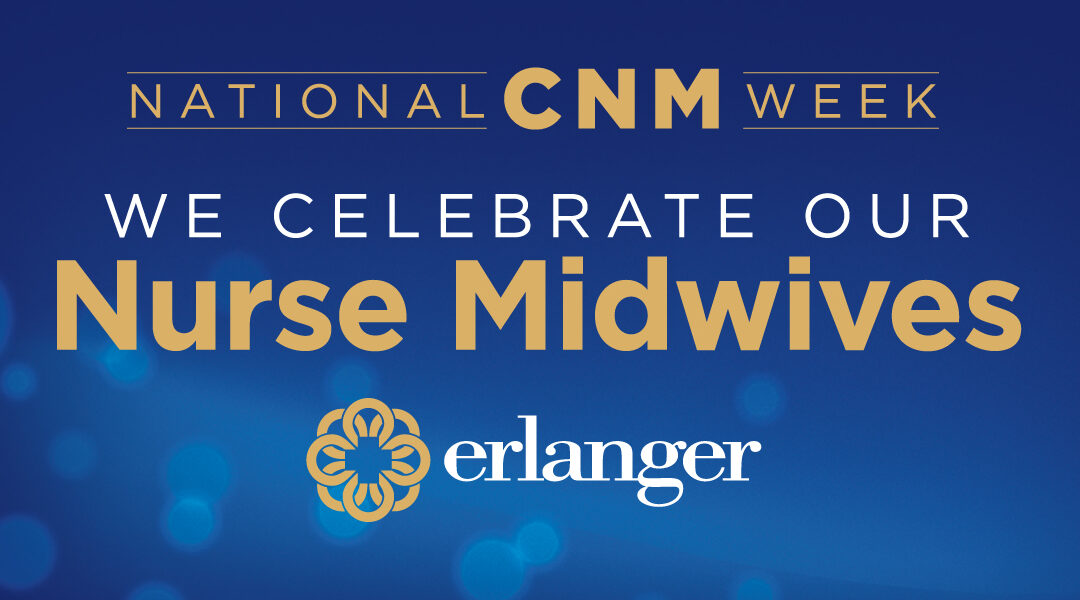In the vast realm of healthcare, there exists a group of professionals whose contribution often goes unnoticed, yet their impact is profound. Nurse-midwives are the unsung heroes of obstetric and gynecological medicine, offering crucial support and care to women throughout their reproductive journeys.
What Is a Nurse-Midwife?
A nurse-midwife is a highly trained healthcare professional specializing in women’s health, particularly during pregnancy, childbirth, and postpartum care. “Midwife” originates from Old English, meaning “with a woman.” This etymology captures the essence of their role: to be with women during some of the most transformative moments of their lives. In our modern healthcare system, a certified nurse-midwife is passionate about walking with women through their reproductive healthcare journey, has a Master’s Degree in nursing, and has passed a national certification exam.
Nurse-midwives provide comprehensive care, including prenatal check-ups, labor and delivery assistance, and postpartum care. They also offer family planning services, gynecological exams, and menopausal care. However, their care extends beyond the clinical; midwives often provide emotional support, education, and patient advocacy.
The Importance of Nurse-midwives in Obstetric and Gynecologic Medicine
1. Holistic Care: Midwives emphasize holistic care that addresses a woman’s health’s physical, emotional, and social aspects. This approach recognizes that a woman’s overall well-being significantly impacts her reproductive health.
2. Personalized Attention: Midwives are known for their personalized care. They take the time to build relationships with their patients, ensuring each woman feels heard, respected and informed about her healthcare options.
3. Reduced Medical Interventions: Studies have shown that midwifery-led care is associated with lower rates of medical interventions during labor and childbirth, such as cesarean sections and epidurals. Midwives promote natural birth when appropriate and safe. They encourage and empower women to participate in their birthing experiences actively.
4. Improved Maternal and Neonatal Outcomes: Access to midwifery care has been linked to improved maternal and neonatal outcomes. Women who receive care from midwives are more likely to have shorter hospital stays, lower rates of preterm birth, and higher rates of breastfeeding.
5. Community and Cultural Sensitivity: Midwives strive to understand the cultural and community contexts in which their patients live. This knowledge allows them to provide culturally sensitive care that respects each woman’s unique background and values.
6. Continuity of Care: Midwives offer continuity of care, meaning they are there for women throughout their entire reproductive journey. This consistency builds trust and confidence, reducing anxiety and stress for their patients. Nurse-midwives work directly with physicians and surgeons, so referrals for higher levels of care are seamless when necessary.
Nurse-midwives are the Unsung Heroes of Obstetric and Gynecologic Medicine
Providing vital care and support to women throughout their reproductive journeys. Their holistic approach, personalized attention, and commitment to reducing medical interventions contribute to improved maternal and neonatal outcomes. Moreover, midwives are crucial in promoting women’s choices and ensuring that each woman’s healthcare experience aligns with her values and preferences.
As we celebrate nurse-midwives roles in obstetric and gynecologic medicine, we recognize and appreciate their profound impact on women’s health and well-being. They are more than healthcare providers; they are advocates, companions, and guides on the transformative journey of women’s reproductive health.
Please visit THIS link to choose your Erlanger obstetric or gynecologic service provider.








